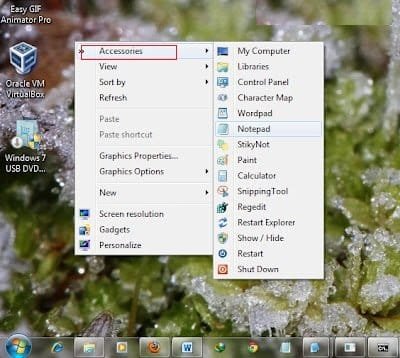

For example, Windows can minimize and maximize windows instantly if you disable the associated animations.
#Defrag my computer windows 8 Pc#
Windows uses quite a few animations, and those animations can make your PC seem a bit slower.

RELATED: Speed Up Any PC, Smartphone, or Tablet By Disabling Animations Windows will helpfully tell you which applications slow down your startup process the most. Click over to the Startup tab and disable startup applications you don’t need. Right-click the taskbar and select “Task Manager” or press Ctrl+Shift+Escape to launch it.

On Windows 8, 8.1, and 10, there’s now a startup manager in the Task Manager you can use to manage your startup programs.
#Defrag my computer windows 8 how to#
RELATED: How to Make Your Windows 10 PC Boot Fasterīetter yet, prevent those applications from launching at startup to save memory and CPU cycles, as well as speed up the login process. These applications often launch at startup and stay running in the background but remain hidden behind the up arrow icon at the bottom-right corner of your screen. Click the up arrow icon near the system tray, right-click any applications you don’t need running in the background, and close them to free up resources. Many applications tend to run in the system tray, or notification area. If any application is using too much resources, you might want to close it normally - if you can’t, select it here and click “End Task” to force it to close. Click the “CPU,” “Memory,” and “Disk” headers to sort the list by the applications using the most resources. On Windows 8, 8.1, and 10, the new Task Manager provides an upgraded interface that color-codes applications using a lot of resources. You can right-click your taskbar and select the “Task Manager” option or press Ctrl+Shift+Escape to open it. Alternately, an application might be using the disk a lot, causing other applications to slow down when they need to load data from or save it to the disk. If it’s suddenly running slower, a runaway process might be using 99% of your CPU resources, for example. Or, an application might be experiencing a memory leak and using a large amount of memory, causing your PC to swap to disk. Your PC is running slow because something is using up those resources.


 0 kommentar(er)
0 kommentar(er)
